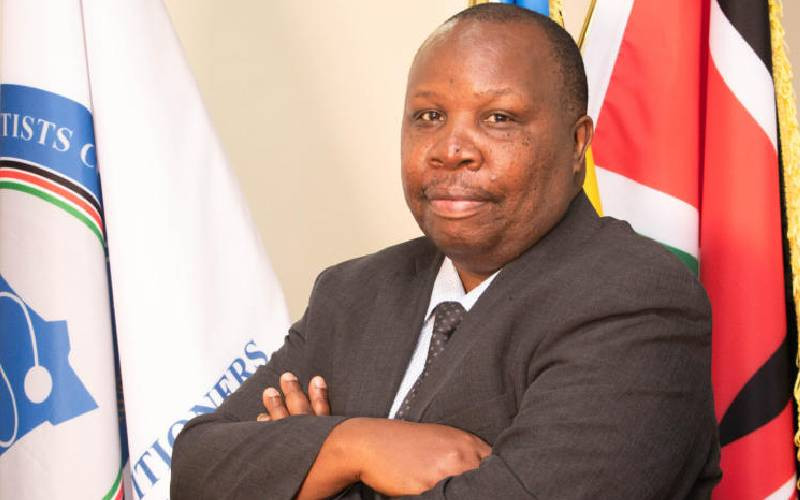×
The Standard e-Paper
Kenya’s Boldest Voice

The recent media expose on how medical camps are used by fraudsters to dupe the public underscores the need to regulate these activities.
According to the expose, the fraudsters even billed the National Health Insurance Fund (NHIF) millions of shillings for procedures that were never done.